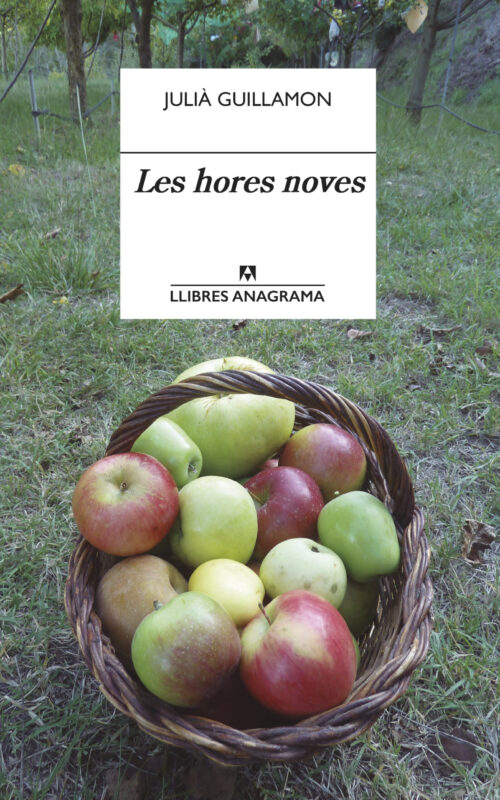“Les hores noves” (The new hours) is a luminous and vital book. It speaks of plants, crops and beasts, of people who still live off the land and the forest, of mountains and streams, of empty and inhabited farmhouses, of atmospheric phenomena and the changes that occur in the landscape over the course of a year, from the first rain in September to the heat of a summer with the risk of fire.
It takes Josep Pla’s 1953 book “Les hores” as a reference point and adapts it to a changing environment in which many of us have lost our relationship with nature.
In a couple of generations, the extensive introduction of the urban mentality has transformed the way of being in the world. Julià Guillamon observes, explains, converses with an old charcoal burner or with a group of Portuguese cork peelers. He looks for new ways of naming and describing the lily, the camellia and the rockrose flower, the movement of a lizard that has entered the house, modern mowing with large John Deere tractors.
And he relives the story of Emili Soms, the man who has recovered more than fifty varieties of apple lost in the valley of Arbúcies. The world may not be as we would like it to be, but what we have is of immense value.
“It teaches us that there is no small life for an intelligent gaze.” (Guillem Frontera)
“There are moments when it seems like a world of Sinera’s neighbours. There are also many moments of Lucretius, in De rerum natura. I see Pla, Carner and Ruyra as if they were a mark on the forehead or a mole on the neck inherited from a grandfather.” (Henar Morera)
